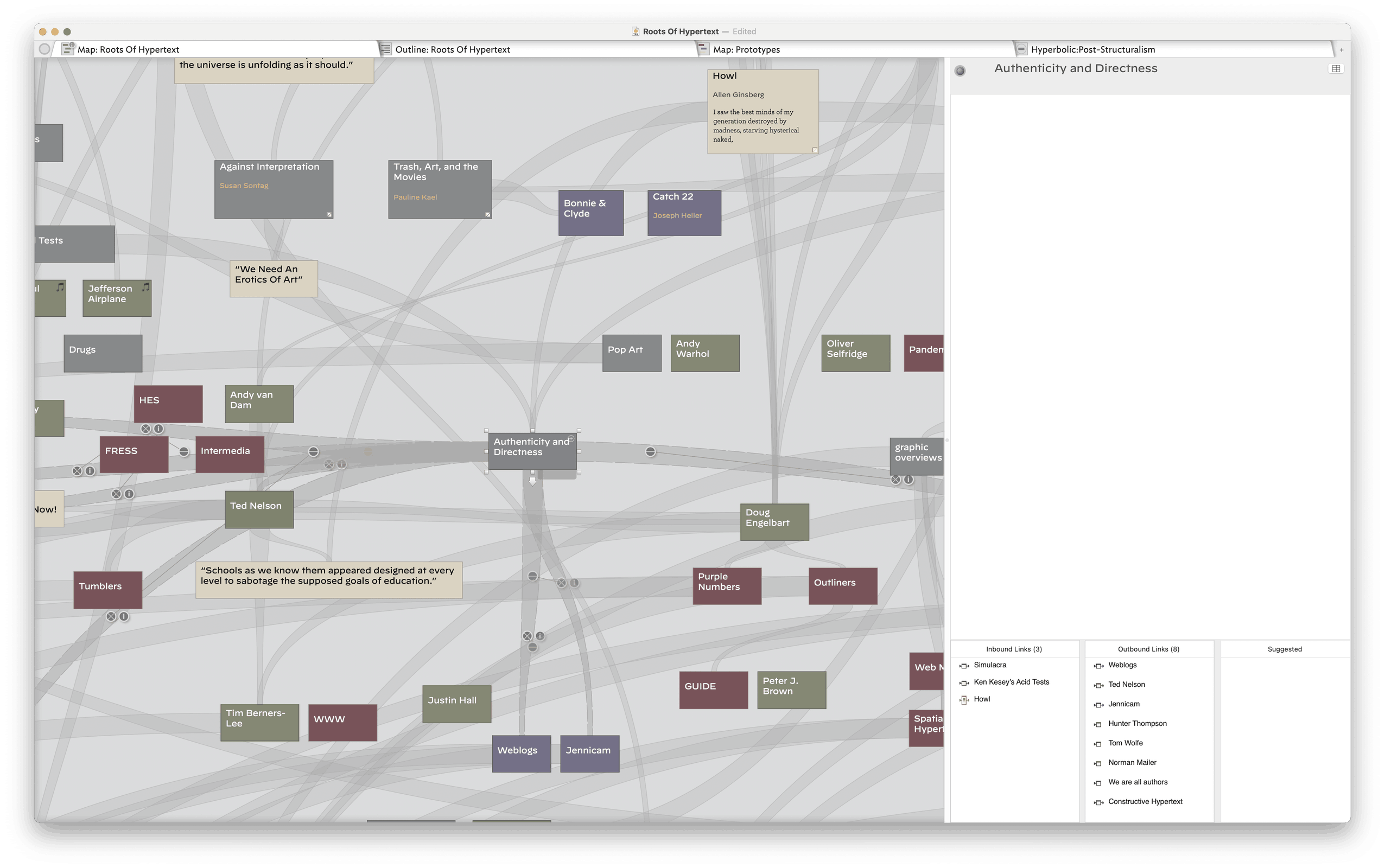I once said that the Disciplinary Committee of the Democratic City Committee was a witch hunt. I regret that. The Disciplinary Committee has not been engaged on a witch hunt, but rather on something older and worse. To explain, let me tell you a bit about my family.
The Staroselskys
We were slaves. This is a story we all tell around the table in Spring. For my mother’s ancestors, it was literally and immediately true. Her people are Starrs and Starrels, but in the old country they were the Staroselskys, because that was the name of the fellow who owned the whole extended family. Time passed, hate increased, pogroms threatened them all. The whole village got up and ran off to New York — Yonkel, The Rabbi’s Son, my great-Uncle Max, and his tiny half-brother Joel, who would become my grandfather.
Years later, my uncle Timmy (Joel Jr.), who was then in high school, was searching the newspaper for a summer job. A Chicagoland family wanted a driver. He applied and got the job. His employer turned out to be the grandson of the fellow who had owned our whole family. It’s a small world.
But before they left for a new world, the Staroselskys in Spring surely sat around a table where they, too, told the tale that “we were slaves.” If you looked at them as they reclined around that meagre table, you might imagine that they had always been there.
1492
But they had not always been there. They hadn’t always spoken Yiddish. There hadn’t been Yiddish. Almost certainly, their ancestors had lived in the region we now call Spain. But it wasn’t Spain back then: it was a patchwork of local governments that we remember as al-Andalus. It was a place where Arabs, Christians and Jews pretty much got along.
That ended with the Reconquista: the entire land was now a Christian Nation, and illegal aliens were to be deported at once. Jews were, by definition, illegal. And so my ancestors lost everything — houses, businesses, friends — and headed East. How far? Not far: Barcelona to Poznań is roughly the distance from Jackson, Mississippi to Harlem. It’s the distance from the Oklahoma State Penitentiary to Weedpatch Camp near Bakersfield, California.
Immigration enforcement agencies were tasked with rooting out Jewish illegals. Some might be hiding in attics or basements. Some might be pretending to be Christian. For example, even if the local Democratic City Committee always met on Shabbat in a private club that discriminated against Jews, Blacks, and women, you could tell people you didn’t like politics. You could say you didn’t care for jámon Íberico, and besides, who can afford it? You could get stays and delays, continuances; with everyone tossed out of the country, calling witnesses or subpoenaing enforcement officials could take some time. They were slippery and tricky, those bad hombres the Jews.
Inquisition
This family saga echoes Trump’s deportation machine, but aspects hit closer to my home.
The Disciplinary Committee insists that I am guilty without dispute. We’ve heard that before.
The Disciplinary Committee insists that I must recognize their authority and that I increase my guilt each time I remind them that they do not possess the power they claim. We’ve heard that before.
The Disciplinary Committee asserts that I may address only “my behavior” and my beliefs, all of which are obviously very wrong, and that I must not mention that I have always obeyed our bylaws and rules. I am clearly in the wrong: everyone says so. We’ve heard that before.
The Disciplinary Committee demands that I confine my answer to their specific allegations, but they do not disclose these allegations or the evidence supporting them. We’ve heard that before.
The Disciplinary Committee asserts that the crimes of which I am already known to be guilty are not offenses against the bylaws or rules, but rather are things “detrimental to the mission of the MDCC.” Anything might be detrimental to the mission of the MDCC in someone’s view, but I must bow my neck before their (improperly) constituted power and accept whatever sentence it pleases them to bestow. We’ve heard that before.
The Disciplinary Committee demands proof of my beliefs, even those incapable of proof. We’ve heard that before.
I apologize: this was not a witch hunt. It was a Jew hunt, an inquisition. ( They didn’t think they were looking for Jews, I expect; perhaps they told themselves they were looking for a way to rid themselves of an unfriendly, upsetting, loud and unpleasant fellow with a funny accent.)
Here’s a description of another such affray, from exactly 79 years ago.
In August 1942, Germany’s Police Battalion 101 was commanded by Capt. Wohlauf, a career police officer. Wohlauf had recently been married, and his wife joined him in Poland for the sort of honeymoon that was possible that year. They weren’t political, or prominent, or well connected, or special. They weren’t Nazis. If you were at their Hamburg wedding the previous May, you'd have thought the policeman had found himself a nice young lady. But on August 25, Wohlauf’s new wife found an unusual local amusement.
They entertained themselves by flogging Jews with whips. Not only was Frau Wohlauf a party to all of this, but so were the wives of some of the locally stationed Germans, as well as a group of German Red Cross nurses. Frau Wohlauf, if conforming to her usual practice, probably carried that symbol of domination, a riding whip, with her. That day, she and the other German women got to observe firsthand how their men were purging the world of the putative Jewish menace, by killing around one thousand and deporting ten thousand more to their deaths. This is how the pregnant Frau Wohlauf spent her honeymoon.
Terrence, This Is Stupid Stuff
An old joke tells lawyers that, if the facts are on your side, you should pound the facts. If the law is on your side, you should pound the law. If neither is on your side, you should pound the table.
In this situation, the law, the facts, the Democratic Party, and the table are all on my side. All that is left for the Disciplinary Committee to pound, is me.
If, as I once believed and might still be persuaded, my critics were people of good will and sense, all this could easily have been avoided.
The Democratic Party is a party, not a social club. You may be a Democrat and hold beliefs that are wrong — even repellent beliefs, so long as you keep them private. You may secretly believe things that are racist, sexist, ageists, ableist, or wrong: vote with us, support our policies, keep your repellent beliefs to yourself, and you are welcome in the party. You may in your heart believe that Christ was made before he was born, or that Christ has always been and ever shall be, that he is or is not consubstantial with his Father. You may think P==NP, that AI is impossible, that Tolkien was not a great novelist or that Cobb would have caught it. In the Democratic Party, we do not inquire into or expound upon private belief.
We are not always friends, and after this affair some of us will never more be friends, but we can be Democrats. I have, throughout this mess, acted as a Democrat: it is time for the Committee to remember what it is.
If I have been abrasive, that was because that was the manner I thought best calculated to achieve my goals. There is no rule in the Democratic Party that says, Democrats must be well liked. That club meets down the street. Far from being grounds for expulsion, it was recently the policy of MDCC leadership to reduce membership by inviting members to resign. (One prominent activist bitterly protested these efforts, which she believed were directed at excluding gay people from the Democratic City Committee. Shortly before, a member of the Executive Committee had confided to another member that she supported the Pride Parade even though her religion considered homosexuality a sin. The speaker was surprised to learn that the woman to whom she addressed this remark was queer, and the radiant anger of her reply ought to have taught everyone present to take the greatest care of mixing private belief into political discussion.)
My opponents might have offered assistance, advice and support; they did not. They might have treated my proposals with scrupulous fairness, and treated me with respect; they did not. They might have sought common ground: that is what parties do. They might have sought to compromise. They might have traded horses. This they did not do.
Instead, my critics insist on this confrontation, and arrange this confrontation on grounds that are deeply offensive not only to me, but also to every Democrat and indeed to every American. In this, they harmed the party directly. Indirectly, they have created circumstances that have led members of the Party to reveal abhorrent prejudices that ought to have remained their private shame, and to say what never should have been spoken.
Photo: Denkmal für die ermordeten juden europas, Yoav Aziz on Unsplash.








